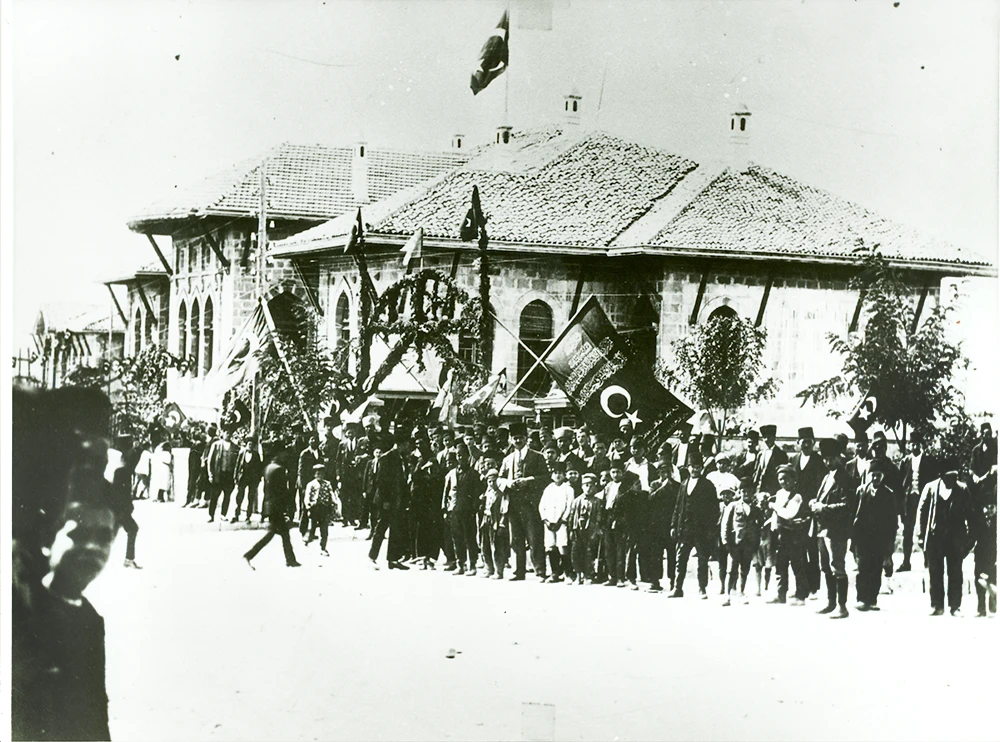Denmark’s imperial ghost: Greenland’s rise against Inuit cultural cleansing
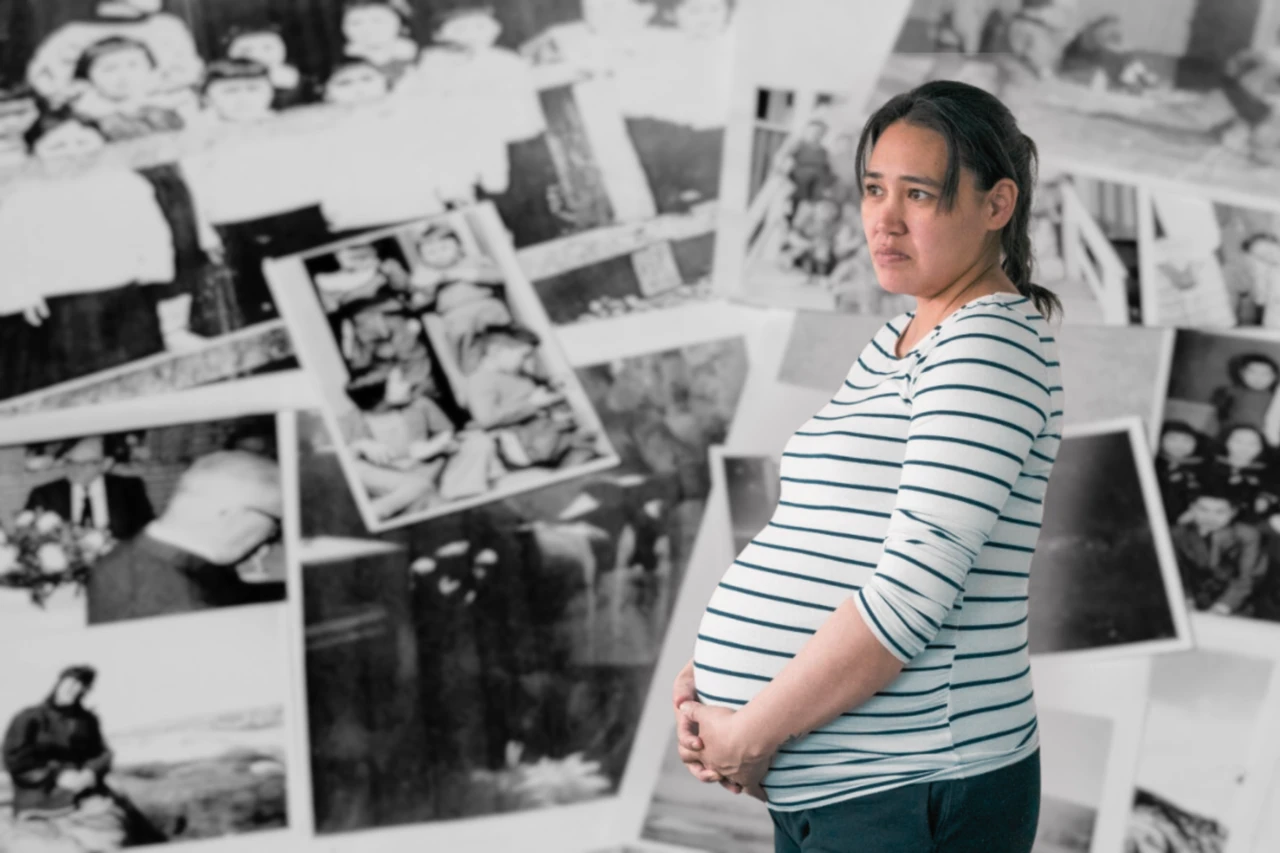 Keira Alexandra Kronvold, a Greenlandic mother, holds her newborn just before authorities forcibly removed her child, citing a culturally biased parenting test she could not understand, Nov. 27, 2024. (Created with Canva)
Keira Alexandra Kronvold, a Greenlandic mother, holds her newborn just before authorities forcibly removed her child, citing a culturally biased parenting test she could not understand, Nov. 27, 2024. (Created with Canva)
Denmark’s relationship with Greenland, its autonomous Arctic territory, has long been fraught with tension and trauma.
While Denmark has acknowledged some of its colonial-era wrongs, including the infamous Little Danes Experiment, the scars of Inuit cultural cleansing and systemic discrimination persist.
Recent controversies, such as the use of culturally biased parenting tests and forced child removals, have reignited protests and calls for justice. However, these incidents have demonstrated the ongoing struggle of Greenland’s Inuit people against Denmark’s colonial legacy.
Furthermore, a closer analysis of modern policies (such as Parenting Competency Tests [FKU]) that claim to be detached from colonial attitudes has revealed to human rights experts and activists that these practices often represent new forms of Inuit cultural cleansing.
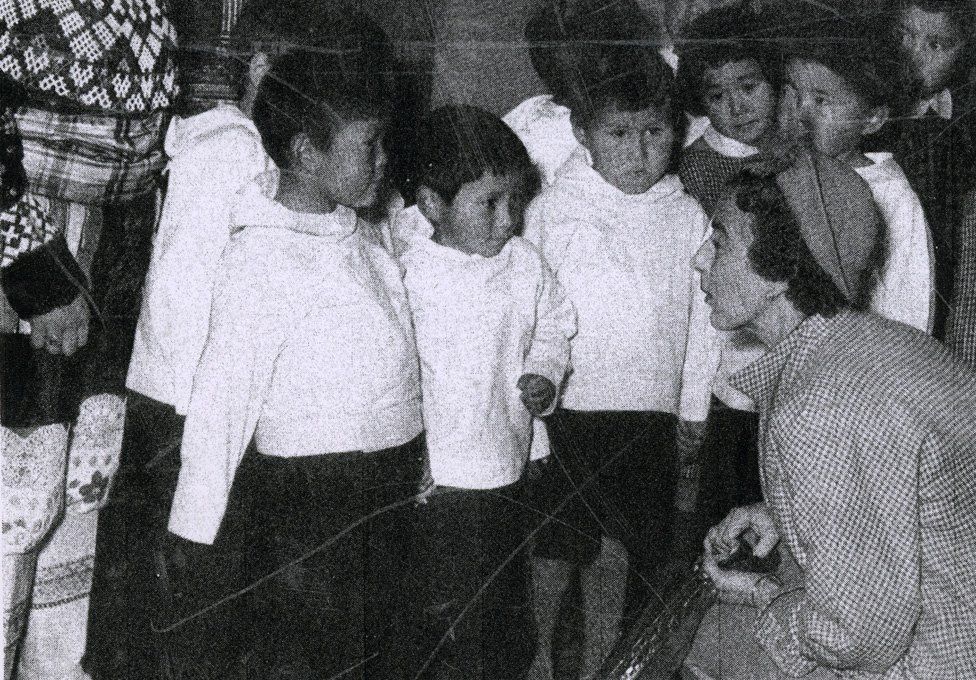
Little Danes experiment: Denmark’s colonial assimilation project
The Little Danes Experiment, conducted in 1951, stands as one of the most infamous examples of Denmark’s assimilationist policies.
Under the pretense of providing better education, 22 Inuit children were taken from Greenland to Denmark. The children were promised a brighter future, but the reality was far darker.
Stripped of their families and culture, these children were placed with Danish foster families or orphanages, forbidden from speaking their native language, and subjected to a system that sought to mold them into “model” Greenlanders. This assimilationist policy exemplifies Inuit cultural cleansing under the guise of education.

Impact on the children
- Half of the children experienced mental health issues, substance abuse or homelessness later in life
- Many struggled with identity crises, feeling alienated from both Danish and Greenlandic societies
- By 2020, only six of the original 22 children were still alive, who had spoken of the enduring pain and trauma caused by the experiment
The Danish government’s apology in 2020 acknowledged the inhumanity of the experiment, but survivors and activists argue that reparations and systemic changes are needed to address its lasting effects. Historian Einar Lund Jensen aptly described the experiment as an attempt at “cultural eradication,” stressing its role in Inuit cultural cleansing.
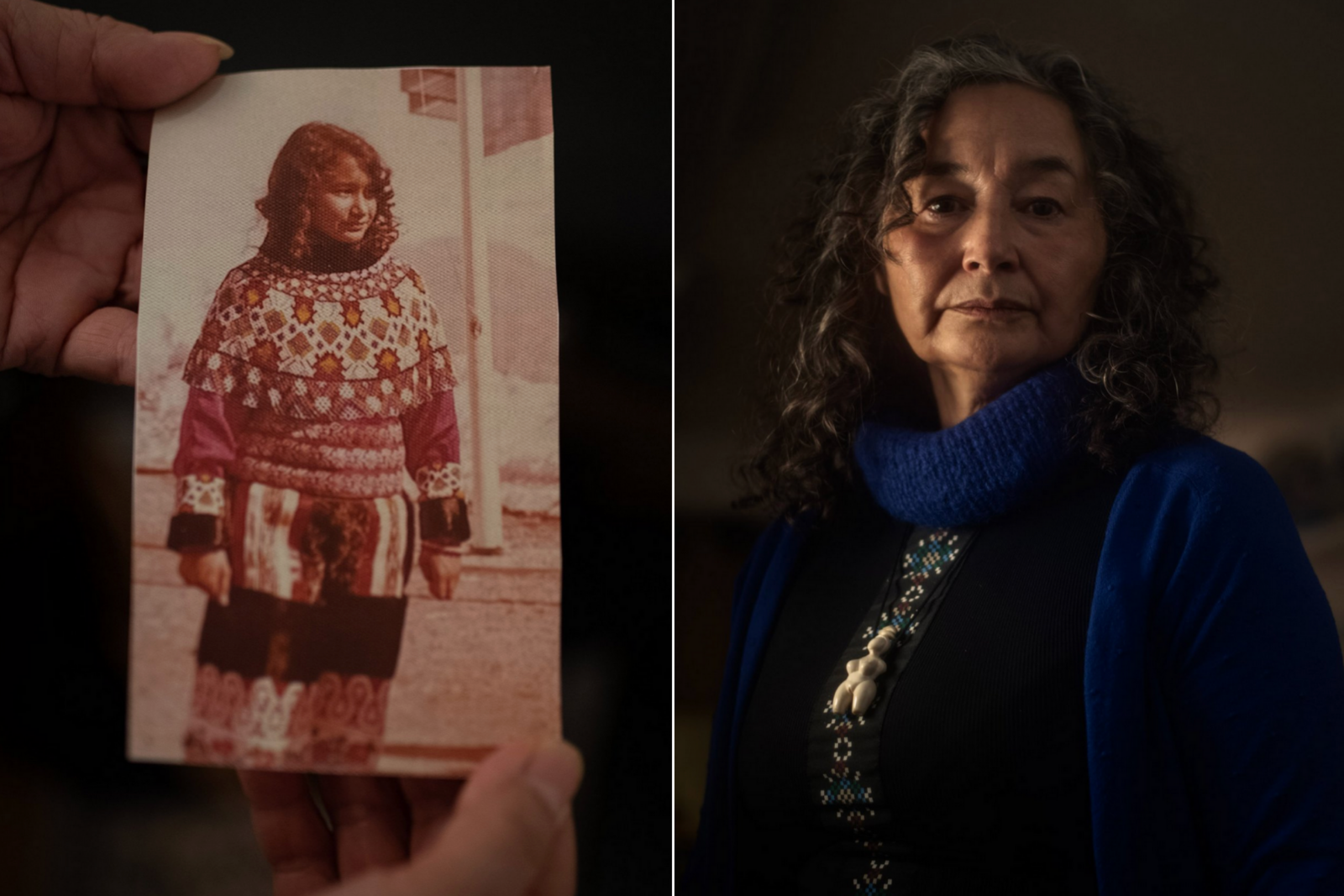
Forced sterilizations of Inuit women, Greenland’s population control
From the 1960s to the 1970s, Denmark implemented a covert population control program in Greenland.
- An estimated 4,500 Inuit women and girls (many as young as 12) were fitted with intrauterine devices (IUDs) without their knowledge or consent
- The goal, as studies later revealed, was to curb population growth and reduce the financial burden on Denmark
- Victims were left infertile, unaware of why they could not have children
In 2024, Greenland’s Prime Minister, Múte Egede, referred to this practice as “genocide,” a term that resonated with many Greenlanders who view this dark chapter as emblematic of Denmark’s disregard for Inuit autonomy and rights.
This practice remains one of the starkest examples of Inuit cultural cleansing in modern history. A joint Danish-Greenlandic commission continues to investigate this scandal, but survivors’ calls for reparations remain unanswered.
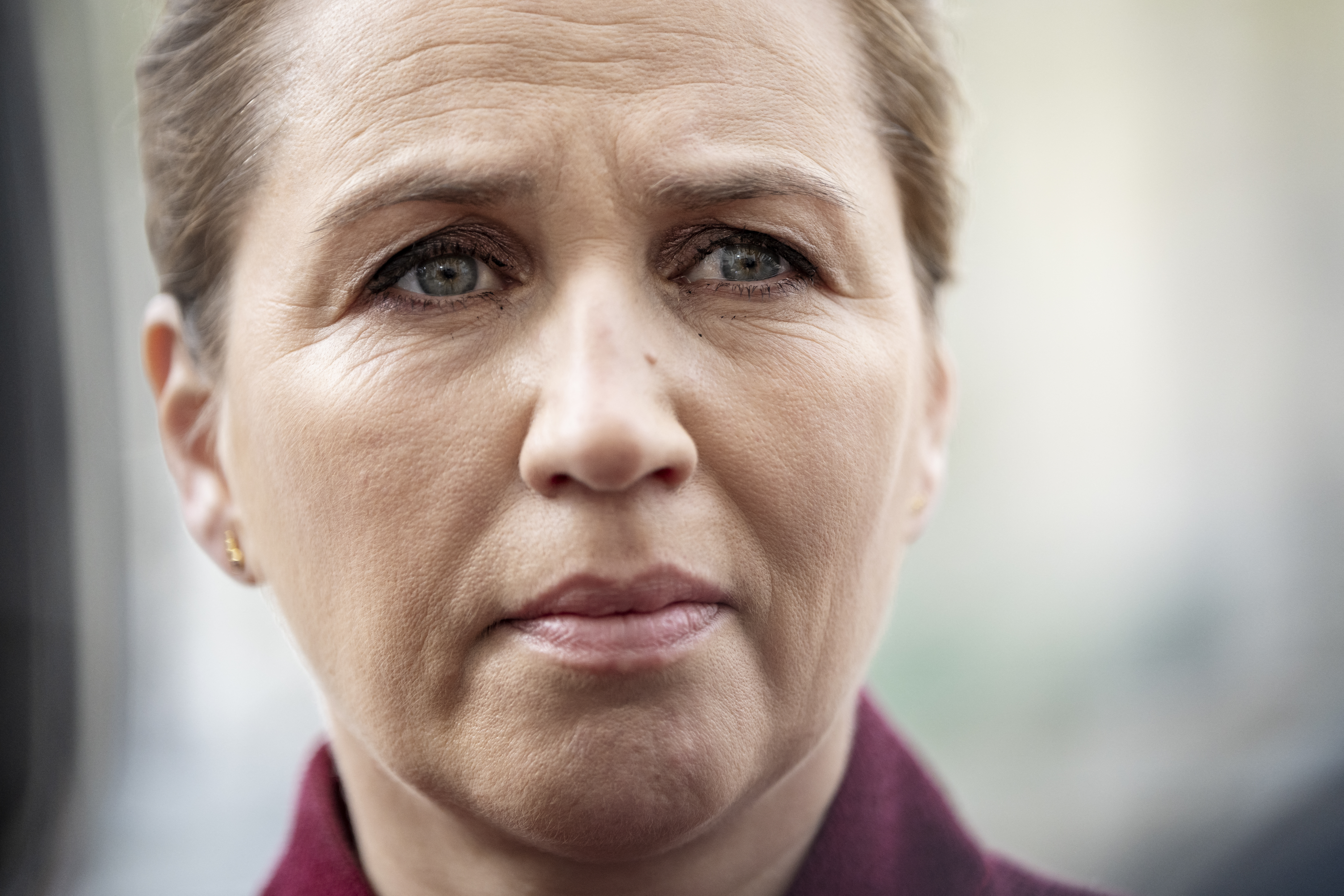
Denmark’s modern practices of Inuit cultural cleansing
While Denmark’s colonial policies may seem like relics of the past, recent incidents signal the continuity of systemic discrimination.
The use of FKU, also known as the parenting tests, is a prime example. These psychometric evaluations are designed within a Western framework and then used to assess whether parents are fit to retain custody of their children. For Greenlandic parents, the tests have proven devastating tools of Inuit cultural cleansing.
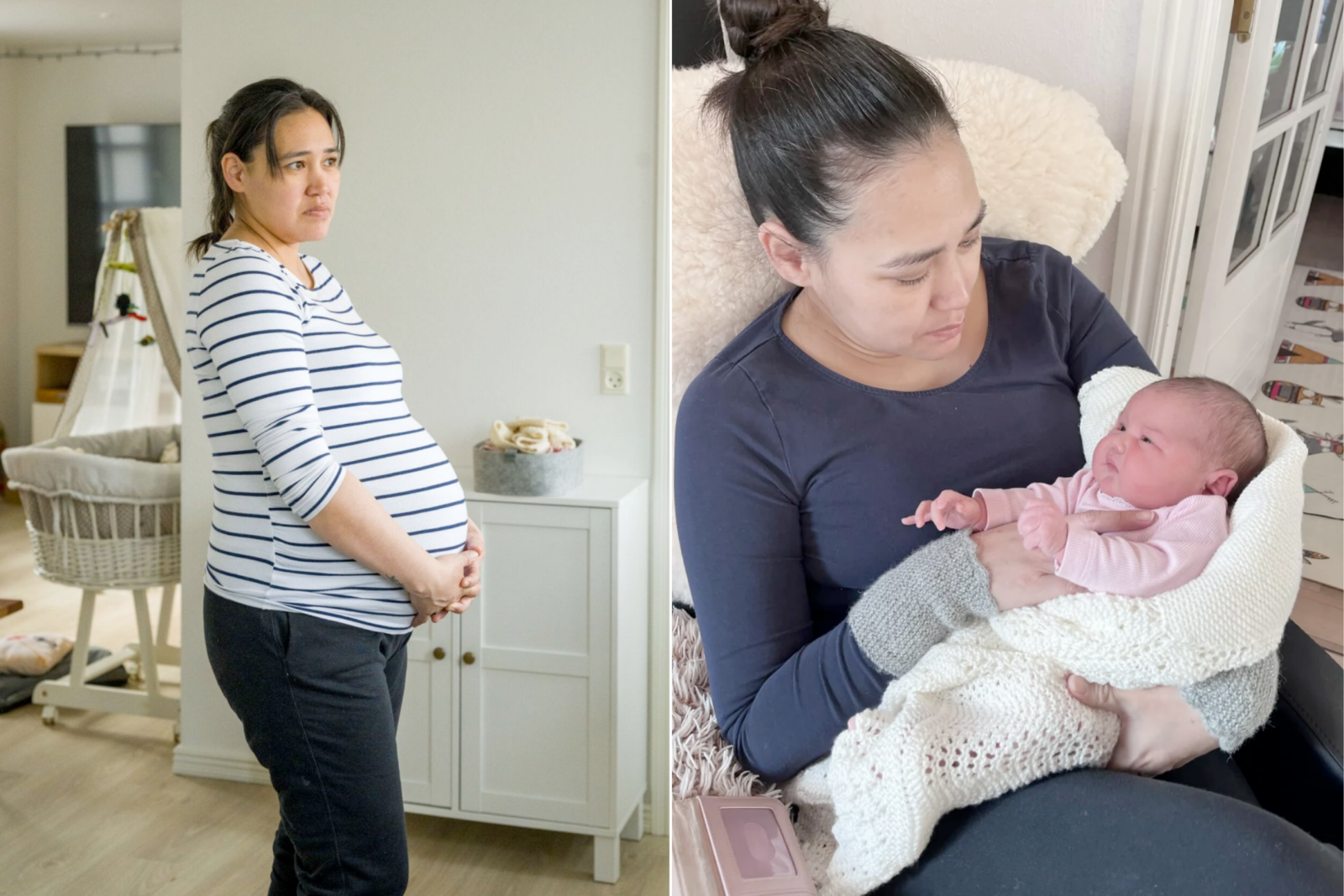
Kronvold Case: Personal tragedy becomes symbol of Denmark’s systemic bias against Greenlandic people
In November 2024, Keira Alexandra Kronvold, a Greenlandic mother, gave birth in Denmark. Hours later, her newborn was forcibly removed by authorities.
The justification? A parenting competency test that was conducted in Danish and Kronvold struggled to comprehend.
Kronvold, whose first language is Kalaallisut, had long faced systemic discrimination. This wasn’t her first encounter with these evaluations.
- In 2014, while pregnant with her second child, Kronvold was subjected to an FKU test.
- Based on the results, her 2 older children were permanently removed from her care.
The tests claimed to assess cognitive abilities, empathy, and cultural adaptability, but experts have repeatedly criticized their failure to account for cultural differences. These failures are emblematic of Denmark’s systemic bias and ongoing Inuit cultural cleansing.
The 2022 report by the Danish Institute for Human Rights warned that such tests could lead to “misjudgments” with devastating consequences.
Kronvold’s recent ordeal laid bare the inherent biases in these evaluations. Her case file described her “Greenlandic background” as a barrier to preparing her child for “social expectations and codes necessary in Danish society.”
Activists argue that these assessments reflect an Eurocentric standard that unfairly penalizes non-Danish parents, perpetuating Inuit cultural cleansing.
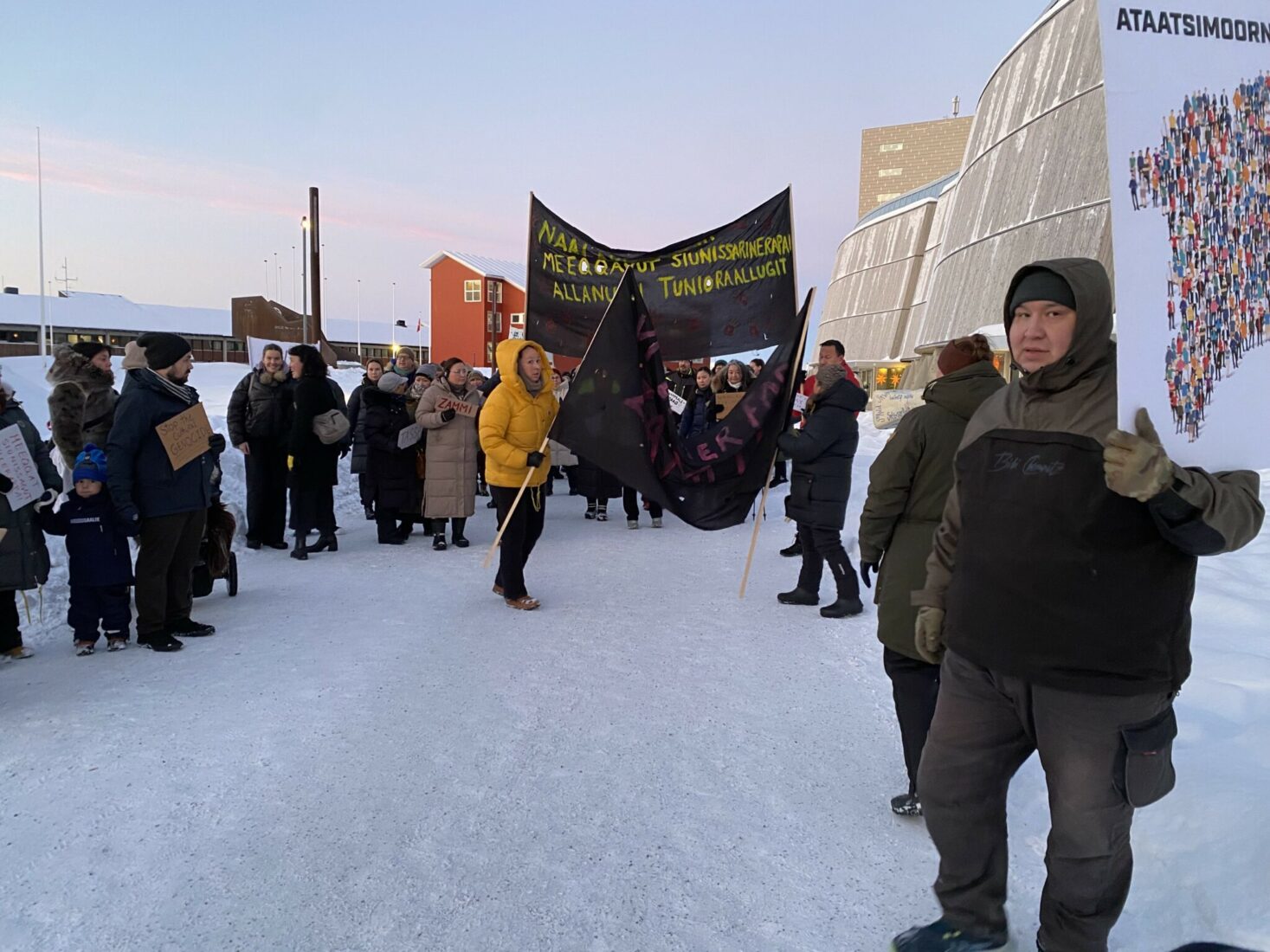
Protests against systemic systemic bias across Greenland and Denmark
The removal of Kronvold’s newborn sparked outrage across Greenland and Denmark. Demonstrations erupted in Nuuk and Copenhagen, with activists demanding justice for Greenlandic families and an end to policies rooted in Inuit cultural cleansing.
Aka Hansen, an Inuit filmmaker, organized protests, stating, “We’ve had enough of our families being torn apart. These policies strip us of our culture and humanity.”
Kronvold’s testimony struck a chord with many. She described being treated as “a statistic,” rather than a mother. Her weekly hour-long visits with her baby, under the supervision of a social worker, exemplify the ongoing marginalization and Inuit cultural cleansing faced by Greenlandic parents.
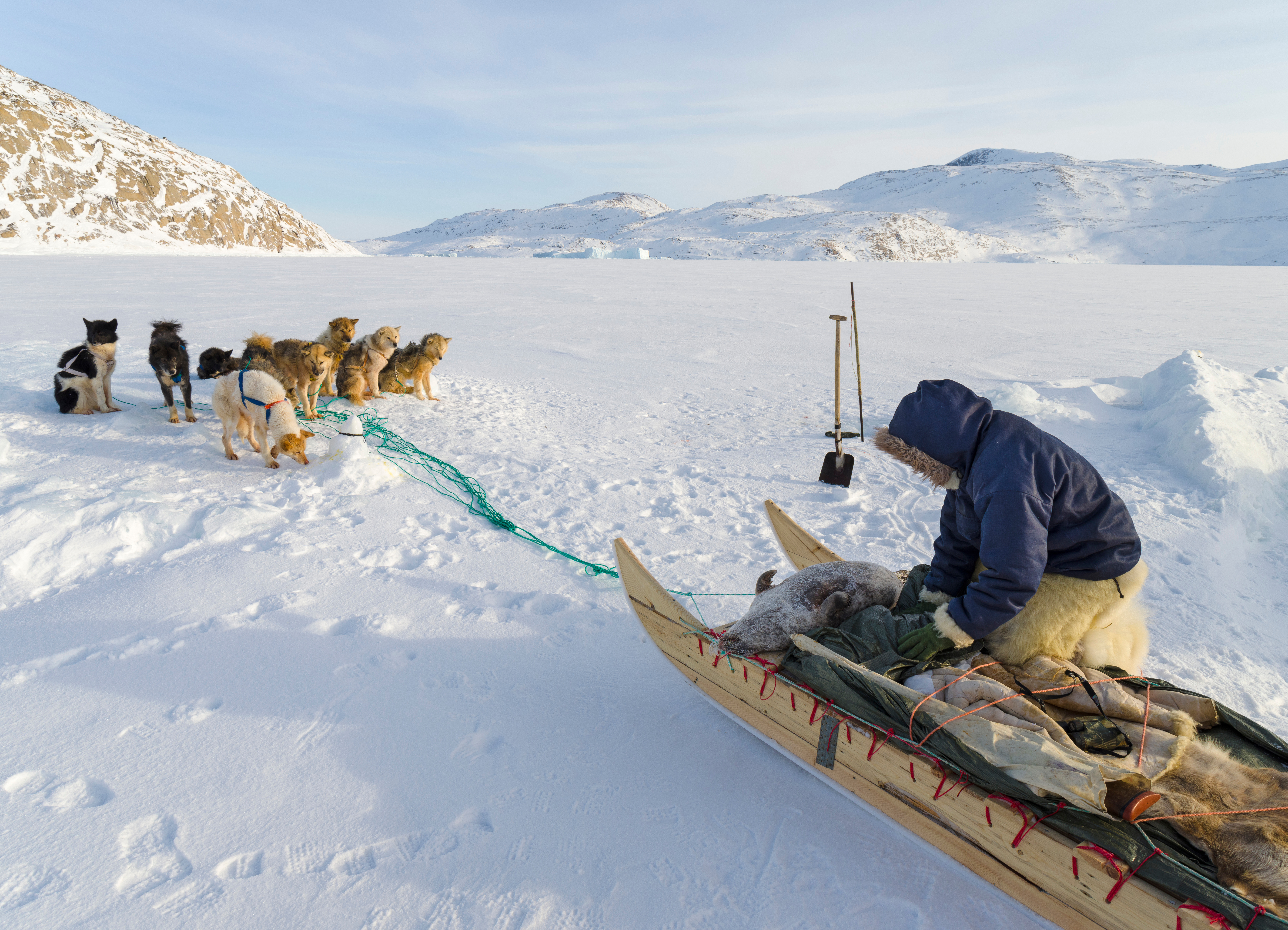
Are Greenlandic children under Denmark’s threat in 2025?
Kronvold’s case is not unique. Greenlandic children are seven times more likely to be placed in foster care than Danish children. The systemic removal of children underlines a troubling pattern: Indigenous families are disproportionately targeted under the guise of welfare and protection, reflecting Inuit cultural cleansing.
On Jan. 17, 2025, a landmark agreement was reached between Denmark and Greenland to cease the use of FKUs for Greenlandic parents. This included establishing a specialized unit to address Greenlandic cultural contexts in child welfare cases.
However, activists caution these changes must be accompanied by broader reforms to dismantle systemic biases.
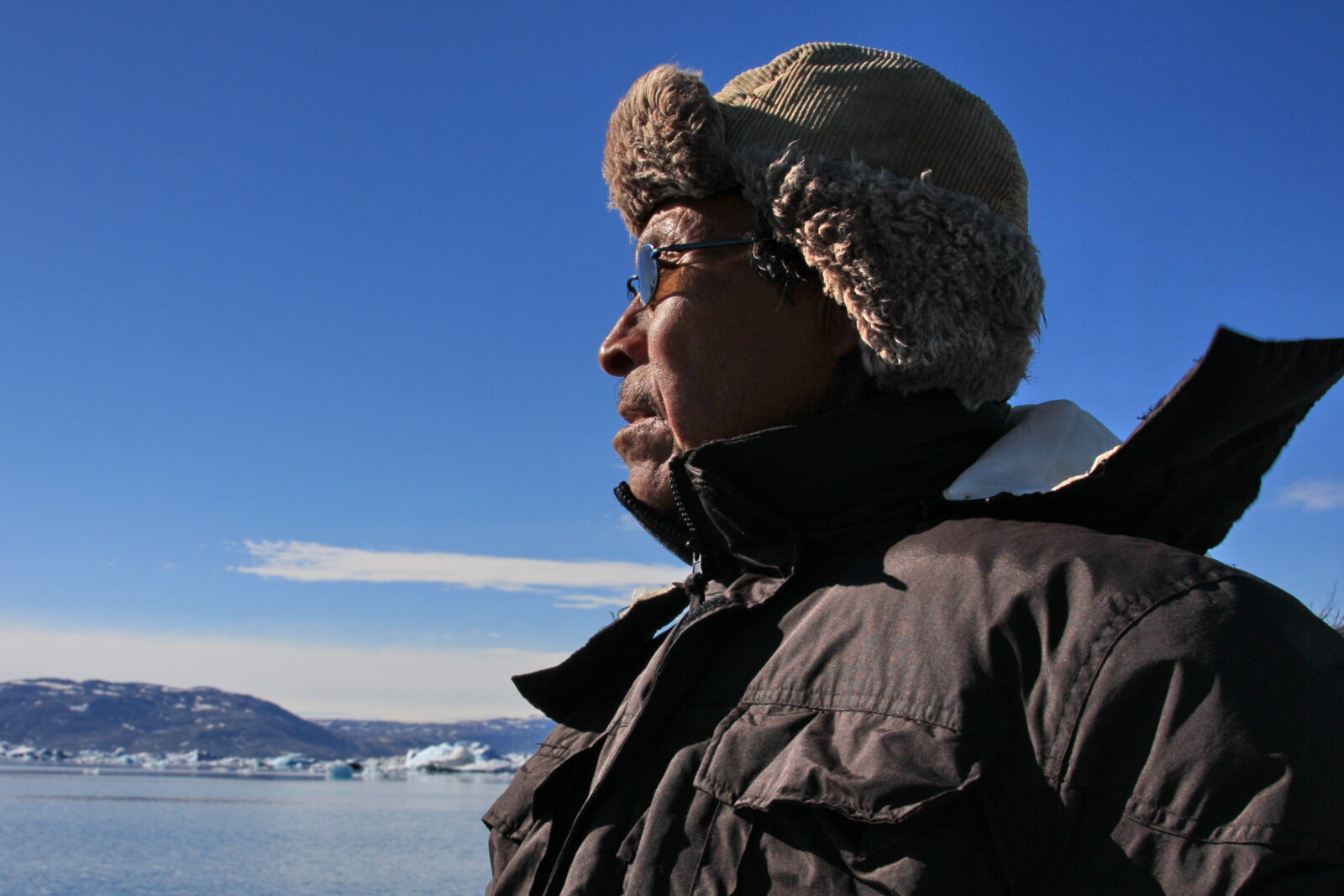
Denmark’s ‘modernization’ efforts’ detrimental impact on Greenlandic people
Denmark’s attempts to “modernize” Greenland have historically disrupted Inuit livelihoods and cultural practices. These modernization policies are yet another facet of Inuit cultural cleansing.
- During the 1970s, entire fishing communities were relocated to urban centers like Nuuk, leaving families disoriented and economically marginalized
- Stripped of their traditional ways of life, many Inuit turned to alcohol and struggled with depression
This pattern of displacement echoes the colonial logic of assimilation, prioritizing efficiency and profit over cultural preservation.
- Today, Greenland’s economy remains heavily dependent on Denmark, receiving approximately $615 million annually in aid
While this financial support sustains critical services, it also perpetuates a relationship of dependency that limits Greenland’s autonomy, a dynamic linked to Inuit cultural cleansing and modern colonization.

Trump eyes Greenland: Centre of geopolitical tensions due to strategic importance
Greenland’s strategic importance has placed it at the center of geopolitical discussions, particularly following recent comments by U.S. President-elect Donald Trump, who reiterated his interest in acquiring Greenland.
While many Greenlanders reject the notion of being “sold” to another nation, Trump’s remarks have renewed debates about Greenlandic independence, a movement fueled by the desire to overcome Denmark’s legacy of Inuit cultural cleansing.
Prime Minister Múte Egede has called for “important steps” toward independence during the upcoming election period.
However, independence is a contentious issue, as it would require Greenland to replace Danish financial aid with revenue from its natural resources—a daunting prospect given its limited economic diversification.
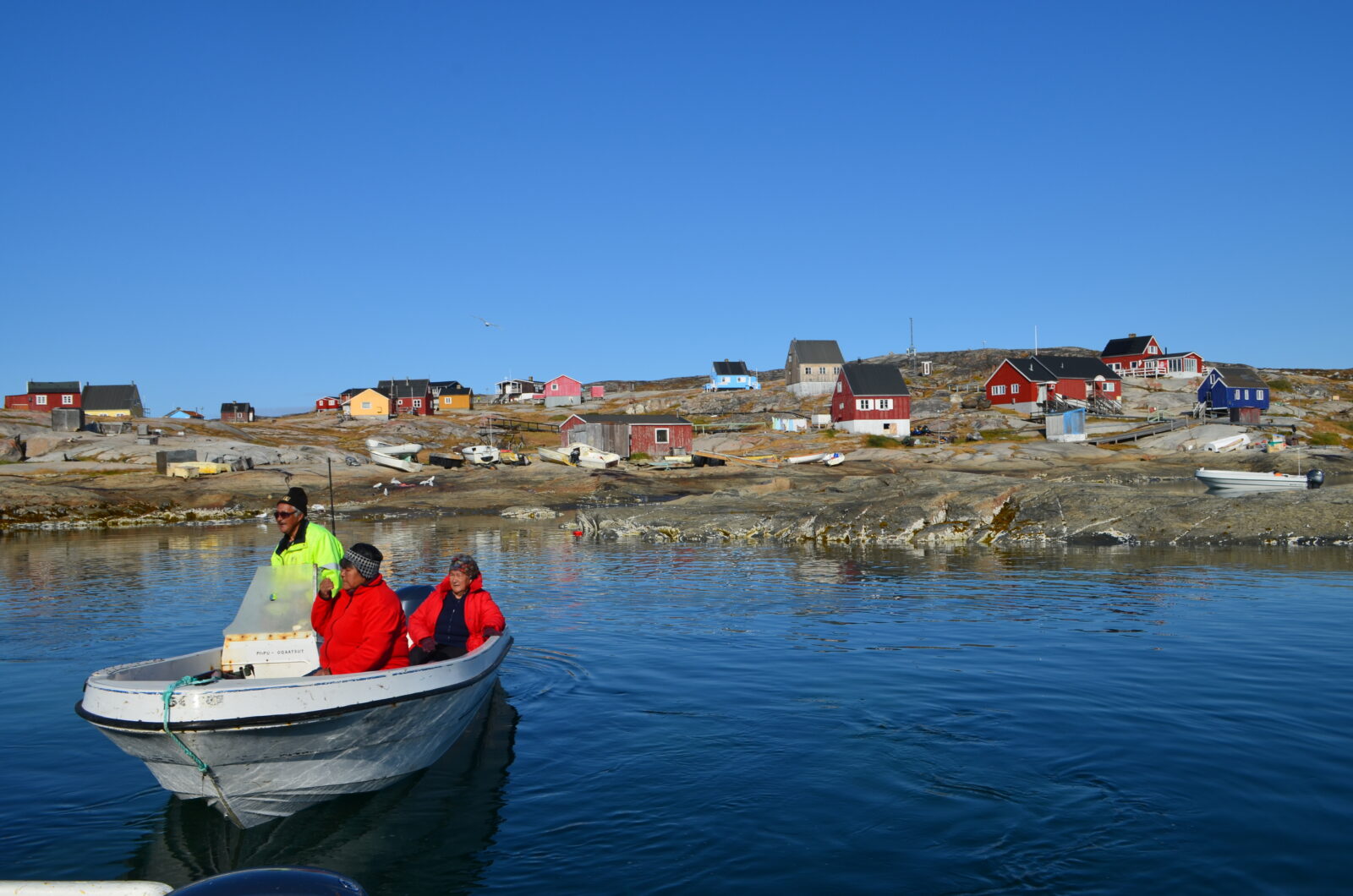
Structural discrimination in Denmark: Immortal imperialism and colonialism
Greenlanders living in Denmark report pervasive discrimination and systemic biases, further underscoring the legacy of Inuit cultural cleansing.
- Segregated education systems have historically marginalized Greenlandic students, limiting their opportunities
- Danish civil servants often receive higher salaries than their Greenlandic counterparts, even when performing the same roles
- Greenlanders face stereotypes that portray them as unfit parents or incapable professionals
Activists like Aka Hansen, an Inuit filmmaker, argue that these systemic issues reflect Denmark’s failure to confront its colonial legacy. As Hansen aptly puts it, “We want our rights to be secured and protected. We are tired of nobody acting or protecting us.”
Denmark’s policies have left a lasting impact on Greenland and its people. From the Little Danes Experiment to modern parenting tests, these initiatives reflect a pattern of Inuit cultural cleansing.
Agreements to halt practices like the FKU tests offer a glimpse of progress, but dismantling systemic inequalities requires sustained action.
Greenlanders continue to call for genuine respect for their culture, rights and autonomy, ensuring that past injustices are not repeated.

